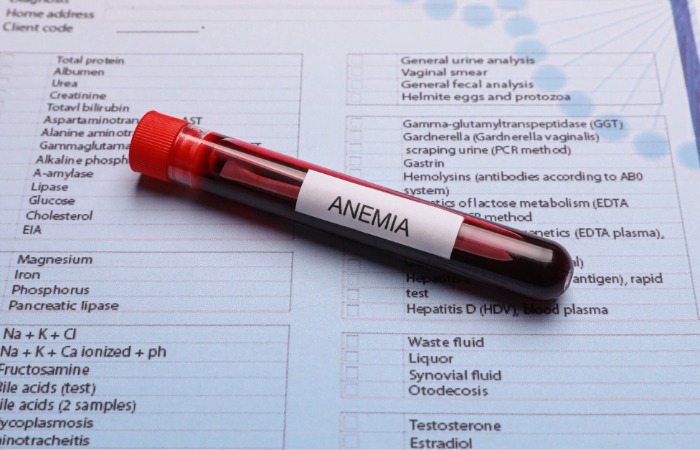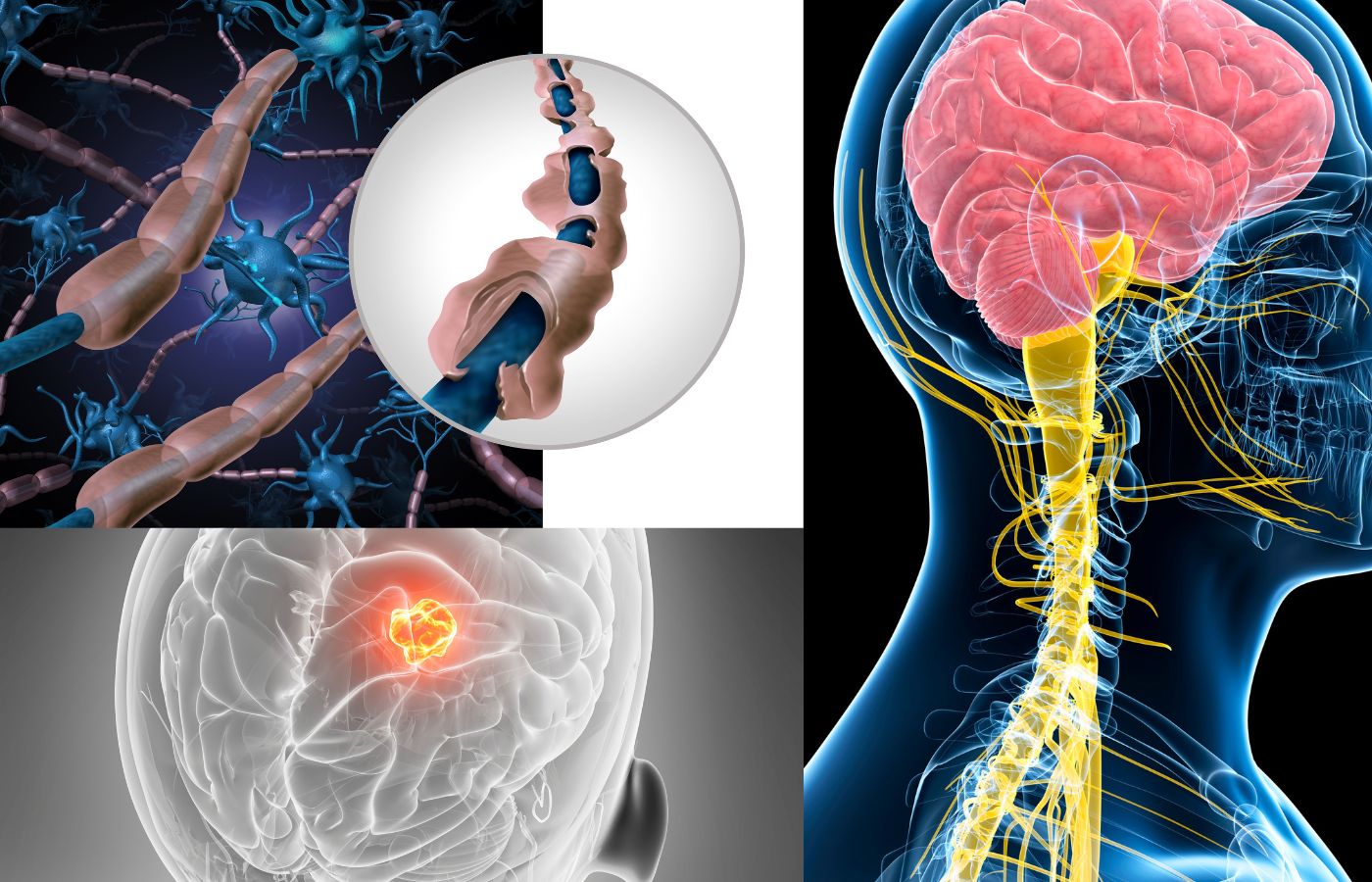
Anemia is a condition that occurs when your body lacks enough healthy red blood cells to carry adequate oxygen to your tissues and organs. It’s a common condition that can range from mild to severe, and its effects can impact your overall well-being. In this blog, we’ll explore how anemia affects your health and provide insight into how you can manage it effectively.
Anemia is usually a result of a shortage of hemoglobin, the iron-rich protein in red blood cells that enables them to carry oxygen throughout the body. This deficiency can be caused by several factors, including iron deficiency, vitamin deficiencies, chronic diseases, or inherited conditions. Depending on the type and severity, anemia can cause a variety of symptoms that can affect daily life.
When you have anemia, the lack of oxygen in your blood can lead to a variety of symptoms. Some of the most common effects of anemia include:
1. Fatigue and Weakness: The most common symptom of anemia is feeling unusually tired or weak. Without enough red blood cells to carry oxygen, your body becomes less efficient, leading to exhaustion even after a full night’s rest.
2. Paleness: People with anemia often have pale skin, especially on the face or inside the lower eyelids, because of the reduced red blood cell count.
3. Shortness of Breath: Because your body is not getting enough oxygen, even mild physical activities like walking or climbing stairs can leave you feeling short of breath or dizzy.
4. Heart Palpitations: Your heart has to work harder to pump oxygen-rich blood throughout your body, which can lead to irregular heartbeats or palpitations.
5. Cold Hands and Feet: The lack of oxygen reaching the extremities can cause a sensation of coldness in your hands and feet.
6. Headaches and Dizziness: As the brain doesn’t get enough oxygen, you might experience frequent headaches, dizziness, or lightheadedness.
7. Brittle Nails and Hair: Anemia, especially when caused by iron deficiency, can lead to brittle nails and hair loss due to insufficient oxygen reaching the tissues.

Several factors can cause or contribute to anemia. The most common causes include:
Iron Deficiency: The most widespread cause of anemia, iron deficiency occurs when your body lacks enough iron to produce hemoglobin. This can result from poor diet, blood loss (e.g., heavy menstrual periods), or an inability to absorb iron properly.
Vitamin Deficiencies: Lack of essential vitamins like B12 and folic acid can also lead to anemia. These vitamins are necessary for red blood cell production.
Chronic Diseases: Conditions like kidney disease, cancer, or rheumatoid arthritis can interfere with red blood cell production and lead to anemia.
Blood Loss: Conditions that cause prolonged blood loss, such as ulcers or gastrointestinal bleeding, can also result in anemia.
Inherited Disorders: Some types of anemia, such as sickle cell anemia or thalassemia, are genetic and affect how your body produces red blood cells.
The treatment and management of anemia depend on its underlying cause. Here are some effective ways to manage anemia:
1. Dietary Changes: Eating a well-balanced diet that includes iron-rich foods such as leafy greens, red meat, legumes, and fortified cereals can help prevent and treat iron deficiency anemia. If vitamin B12 or folate deficiency is the cause, foods like eggs, dairy, and fortified cereals can be beneficial.
Iron Supplements: For those with iron-deficiency anemia, iron supplements may be prescribed by a doctor to restore iron levels in the body. These should be taken as directed, as taking too much iron can have adverse effects.
Vitamin B12 or Folate Supplements: If your anemia is due to a lack of vitamin B12 or folic acid, supplements may be recommended to boost your levels.
Treating Underlying Conditions: If anemia is caused by a chronic disease like kidney disease, managing the underlying condition is essential for controlling anemia. Medications or treatments may be necessary to stimulate red blood cell production.
Blood Transfusions: In severe cases of anemia, a blood transfusion may be necessary to replenish the red blood cells.
Regular Monitoring: If you are diagnosed with anemia, it’s important to have regular check-ups to monitor your condition and adjust treatment as necessary.
Anemia can have a significant impact on your overall health, affecting your energy levels, heart health, and ability to perform daily activities. However, with early diagnosis and proper management, anemia can be treated effectively. It’s crucial to maintain a balanced diet, address any underlying health conditions, and follow your doctor’s guidance.
If you are experiencing symptoms of anemia, it’s essential to get a proper diagnosis and start a treatment plan tailored to your specific needs. Managing anemia early can prevent further complications and improve your quality of life.
Remember, for accurate diagnosis and anemia treatment near me then we offers comprehensive diagnostic services in Pune, Delhi, Nagpur, and Mumbai. Contact us today for more information and take the first step toward better health.

